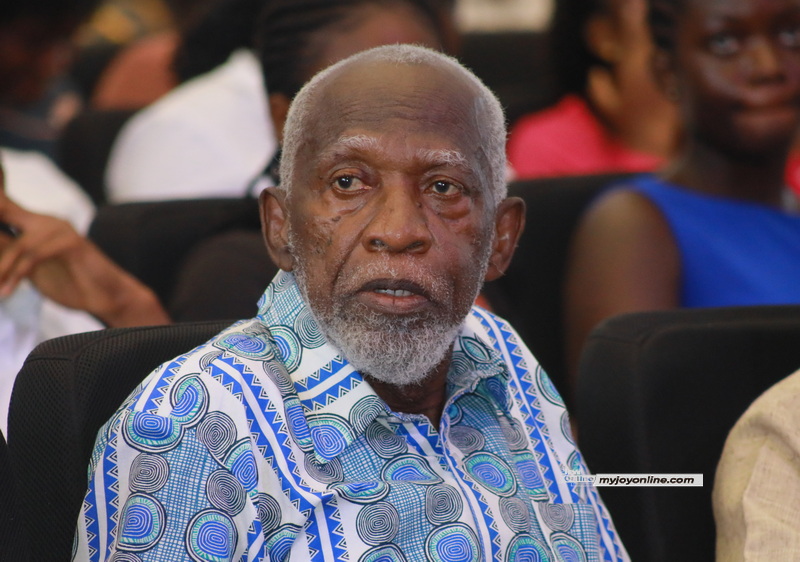Economist and governance expert, Professor Stephen Adei, has advocated for the creation of a dedicated anti-corruption court in Ghana to expedite the prosecution of corruption-related cases and ensure greater accountability.
He believes that delays in adjudicating such cases undermine efforts to curb corruption and allow offenders to evade justice.
Speaking in an interview with TV3 on Saturday, March 8, Prof. Adei stressed the need for a specialised court to handle corruption trials, similar to how land and commercial courts operate.
According to him, separating corruption cases from the conventional judicial system would help resolve them more efficiently and deter corrupt practices.
“We must have special courts, not kangaroo courts, where cases drag on for seven or eight years,” he stated. He further argued that prolonged legal battles often result in cases being forgotten or dismissed, allowing perpetrators to escape accountability.
Prof. Adei also underscored the importance of increasing the likelihood of corrupt officials facing justice.
He called for stringent measures to ensure that individuals found guilty of corruption face appropriate consequences, regardless of their political ties or social status.
“The only way to fight corruption effectively is to ensure that the chances of being caught and punished are significantly high,” he asserted.
His suggestion aligns with calls from various civil society groups pushing for judicial reforms to strengthen Ghana’s fight against corruption.
Many have argued that the current legal framework is inadequate, as high-profile corruption cases often stall in court without yielding meaningful convictions.
Adding to the discussion on the same programme, the Founding President of IMANI Africa, Franklin Cudjoe, urged a shift in strategy in tackling corruption.
He noted that while initiatives such as the Ghana Integrated Financial Management Information System (GIFMIS) and the Financial and Asset Management System for Central Administration Departments (FAMSCAD) have been introduced to curb corruption, their effectiveness remains questionable.
DISCLAIMER: The Views, Comments, Opinions, Contributions and Statements made by Readers and Contributors on this platform do not necessarily represent the views or policy of Multimedia Group Limited.





















